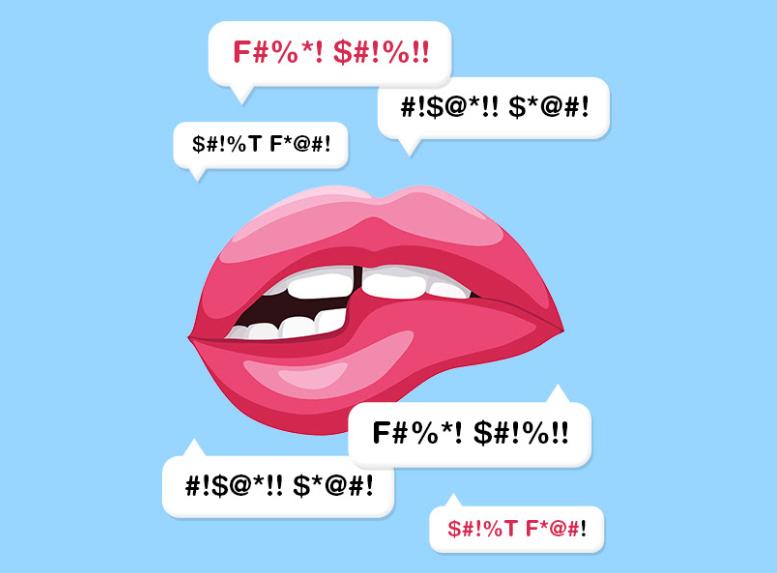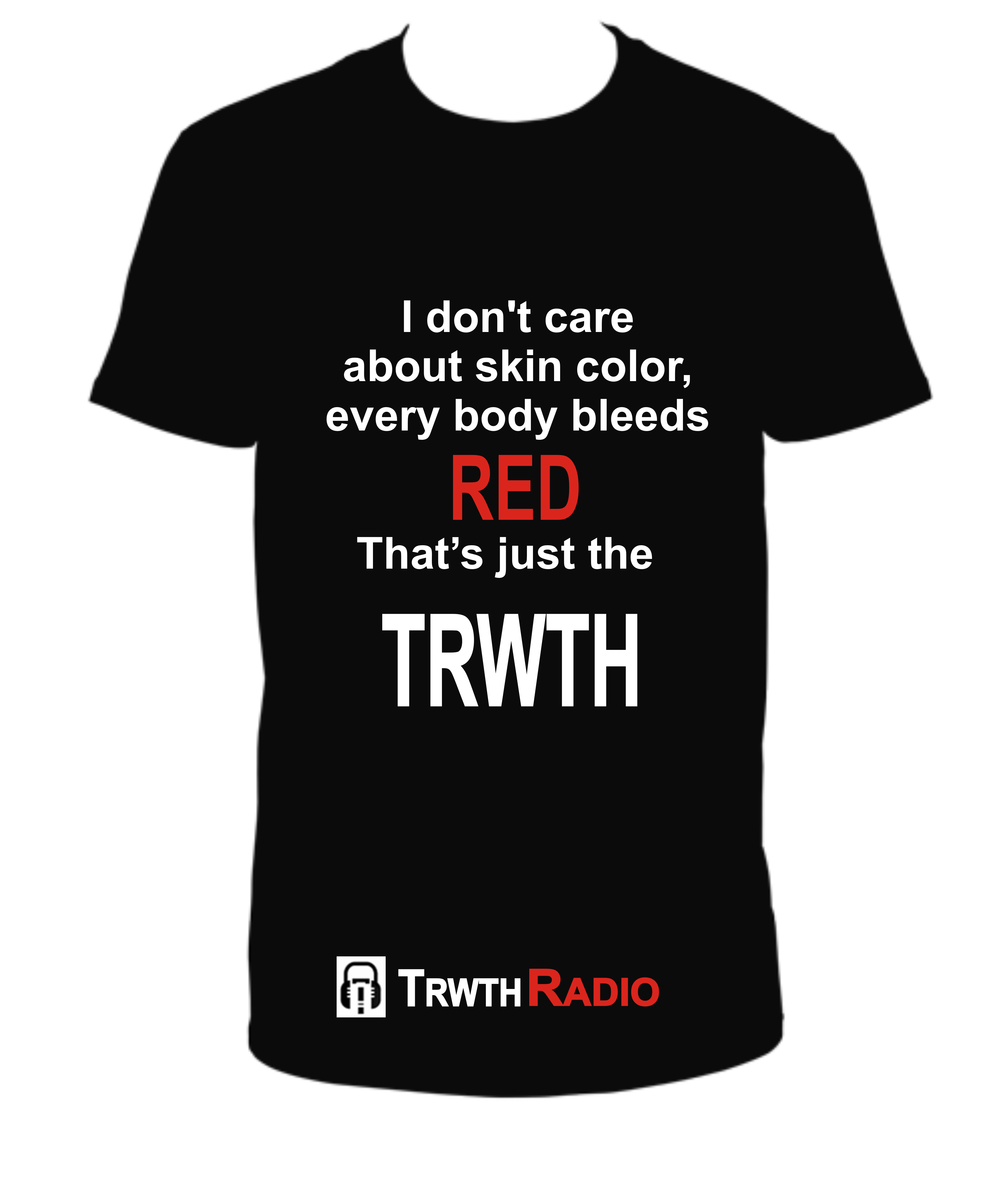
The word Paul used in Galatians is different from that in Matthew:
O foolish (ἀνόητοι) Galatians! Who has bewitched you that you should not obey the truth, before whose eyes Jesus Christ was clearly portrayed among you as crucified? (Galatians 3:1 NKJV)
But I say to you that whoever is angry with his brother without a cause shall be in danger of the judgment. And whoever says to his brother, ‘Raca!’ shall be in danger of the council. But whoever says, ‘you fool! (Μωρέ)’ shall be in danger of hell fire. (Matthew 5:22 NKJV)
Therefore in the original language Paul did not ignore what Jesus taught. Μωρέ is transliterated “moros” and is where the English “moron” comes from.
Actual judgment is not based on what is said:
Brood of vipers! How can you, being evil, speak good things? For out of the abundance of the HEART the MOUTH speaks. (Matthew 12:34 NKJV)
1 John 3:15 King James Version (KJV)
15 Whosoever hateth his brother is a murderer: and ye know that no murderer hath eternal life abiding in him.
(First, Christ warns that the very act of murder finds its roots in an angry, murderous spirit: “But I tell you that anyone who is angry with his brother will be subject to judgment” (Matthew 5:22). The Most High, who examines the very thoughts and intents of the heart, will issue judgment upon unrighteous anger. Next, Jesus warns against name-calling, using “raca” as an example. Then He issues a third warning against those who call someone a “fool”.
It is the heart not the use of the word on which judgment is made. Someone who is evil can say good things or avoid saying the wrong things; that does not make them good.
Paul did not use the same word but he did say something to get the attention of the Galatians who he felt were in danger of doing something foolish. This should be balanced against what Paul did teach. It was an offensive name used to show utter contempt for another person. The Messiah warned that the use of such a word to describe someone was tantamount to murder and deserving of the severest punishment of the law. Jews recognized that “anyone who murders will be subject to judgment” (Matthew 5:21), but Jesus warns that even calling another person insulting names such as “raca” is sinful. Murder begins in the heart, and epithets such as “raca” are signs that there is hatred lurking within. The hatred that causes one person to hurl insults is the same hatred that causes another to commit murder. The attitude of the heart is the same, and it’s this attitude that makes a person morally guilty before the Most High.
Jesus not only warns us against expressing unrighteous anger, which can lead to murder, but clearly commands that disparaging denunciations and name-calling be avoided. Such abusive words reveal the true intents of one’s heart and mind for which we will be held in judgment: “I the LORD search the heart and examine the mind, to reward each person according to their conduct, according to what their deeds deserve” (Jeremiah 17:10; 1 Samuel 16:7; 1 Chronicles 28:9):
Ephesians 4:29-32 NKJV
Let no corrupt word proceed out of your mouth, but what is good for necessary edification, that it may impart grace to the hearers. And do not grieve the Holy Spirit of God, by whom you were sealed for the day of redemption. Let all bitterness, wrath, anger, clamor, and evil speaking be put away from you, with all malice. And be kind to one another, tenderhearted, forgiving one another, even as God in Christ forgave you.
Since the use of the word creates the potential for judgment, the prudent act is avoid calling names and take action to resolve all conflicts. Sometimes that is not possible as Jesus shows:
Fools (μωροὶ) and blind! For which is greater, the gold or the temple that sanctifies the gold? (Matthew 23:17 KJV)
Jesus used a form of the same word when addressing the scribes and Pharisees who had been subjecting Him to tests in His House.
DEALING WITH CURSES
Any study of psychology will tell you that people who often get told negative things by their parents, peer groups, bosses, pastors and teachers have much trouble in life if they don’t overwrite the negativity (curses) that were spoken over them.
Curses are able to take root and affect someone’s life because the person ignorantly believes what was communicated to them usually at a young age and with no contrary truth. The word tells us this is true: Be not deceived: evil communications corrupt good manners (1 Cor 15:33).
To remedy the curse it takes a transformation of the mind and the truth (Rom 12:2). So what should you do if you know of people who’ve been cursing you? Do what Jesus commanded:
Love your enemies; bless those who curse you (Matthew 5:43-44). Bless those who persecute you; bless and do not curse (Romans 12:14-15). Not rendering evil for evil, or railing for railing: but contrariwise blessing; knowing that ye are thereunto called, that ye should inherit a blessing (1 Peter 3:9).
As Christians=True believers, we’re protected by the Messiah from curses which has no effect in the lives of his believers. Notice what Jesus said above. If and when they curse you, “bless them.” He says nothing else because curses have no power over us; and not only that, we get: A” blessing from God for blessing our enemies.
The story of Balaam and Israel is a perfect example that curses don’t work on God’s people. However, I believe that if we practice sin we won’t be BLESSED and the result will be ON THE CONTRARY, merely the results of SIN.
As with Balaam who wasn’t able to verbally curse Israel, he devised a way for them to lose the protection of God by getting them to mingle with the foreign Moabite women, which caused them to fall into adultery and idolatry. This is the same tactic the devil uses on Christians, he can’t have people curse us, but he persuade us to sin. It’s up to us to avoid sin and stay protected.
I also believe that the protection of Christ comes from actually believing he protects us. This war is in the mind, if you don’t believe Christ protects you, the devil can take advantage of that.
NO BAD WORDS MENTIONED BIBLICALLY.
Can anyone reveal me where in the scriptures bad words are to exemplify in the Holy Bible? In other words: there is no scripture in the bible says, “thou shalt not saith, motherfucker!!, Fuck You!!, Bitch!! And so on.” The Most High never attributed SIN to specific words. The Most High attributed sin to any collection of words used to speak evil against someone. Ignorantly, Christians take scriptures like James and others out of context thinking they mean we shouldn’t say certain words. What most Christians claim to abstain from is vulgarity rather than actual cursing which has nothing to
WHAT IS VULGARITY?
Vulgarity comes from the late word: vulgarities, which mean commonness, the public. Also meaning: coarseness, crudeness, rudeness, and impoliteness.
Vulgar is an example of pejoration, the process by which a word develops negative meanings over time. The ancestor of vulgar, the Latin word vulgāris (from vulgus, “the common people”), meant “of or belonging to the common people, everyday,” as well as “belonging to or associated with the lower orders, “common (of vocabulary),” and “shared by all.” What is common may be seen as debased, and in the 17th century we begin to find instances of vulgar that make explicit what had been implicit. Vulgar then came to mean “deficient in taste, delicacy, or refinement.” From such uses vulgar has continued to go downhill, and at present “crudely indecent” is among the commonest senses of the word.
In other words, the rich elite decided to separate themselves from the common folk by purposely moving away from the commoner’s simple, shorted-worded and explicit language. In the elite’s arrogance, they then demonized their words replacing them with more sophisticated (usually more syllabled) words which were also implicit. As society progressed and everyone wanted to see themselves as “higher status”, they adopted the elite’s mindset further making certain words “bad”, crude, and disrespectful; and anyone using them were frowned upon.
This is why someone who “cusses” a lot (who uses common, simple, and old, explicit language) is considered unintelligent not having an expanded vocabulary as the smarter elite. This is nothing more than, what is best labeled “linguistic snobbery.” This is also why some feel dirty after listening to or saying certain words because the elite deemed the common folk as filthy and dirty.
Because many children are scolded by their parents for using these words, they grow up with a strong conviction often becoming offended when they hear them or feeling bad when they’re caught using them. This is so much so that TV sensors certain words, the court may fine you, and you may lose your job for saying them. As Christians, we have made these words sinful and then align scriptures that have nothing to do with language to validate our social convictions. Saying bad words is a social sin, not a sin against the Most High.
#Truth
I REST MY CASE!!!
Follow Trwth Radio on Social Media






Leave a Comment